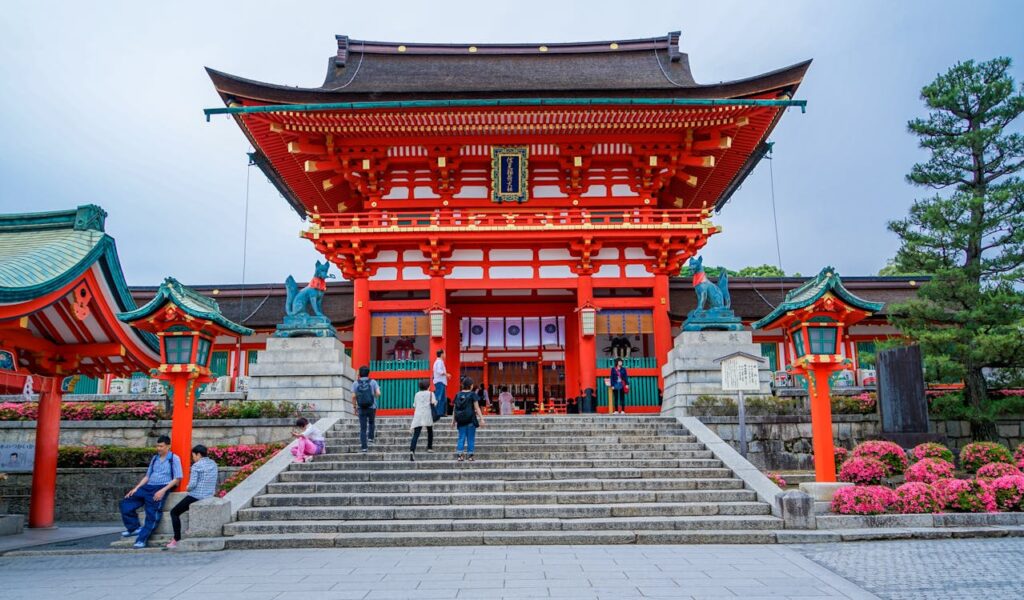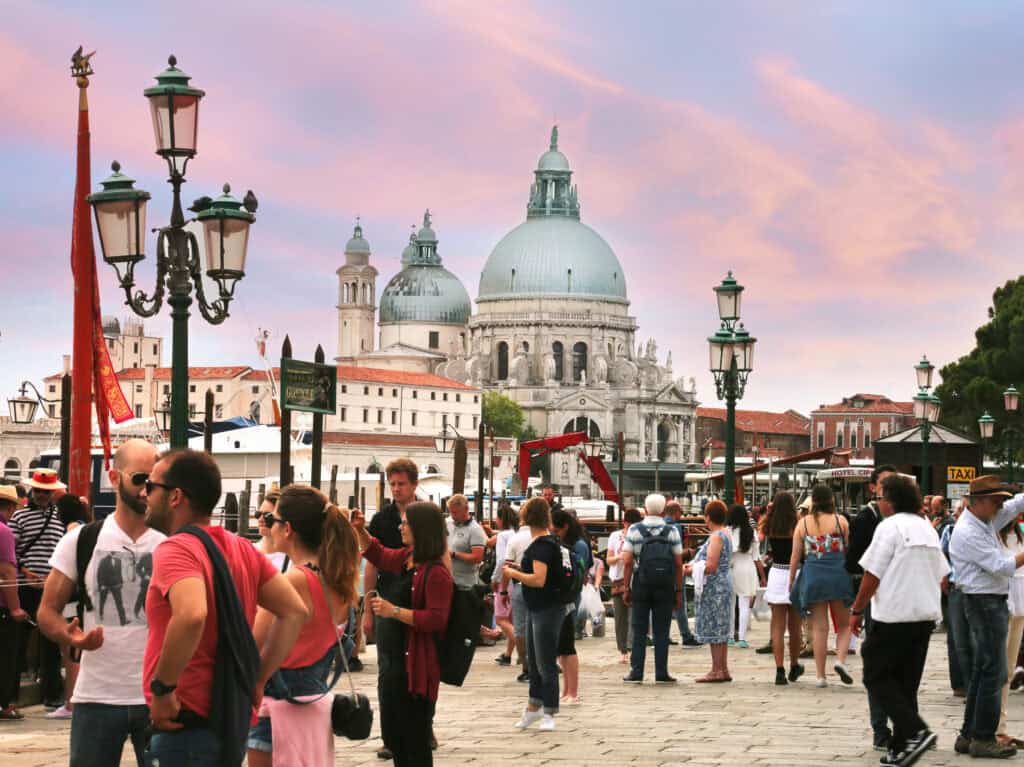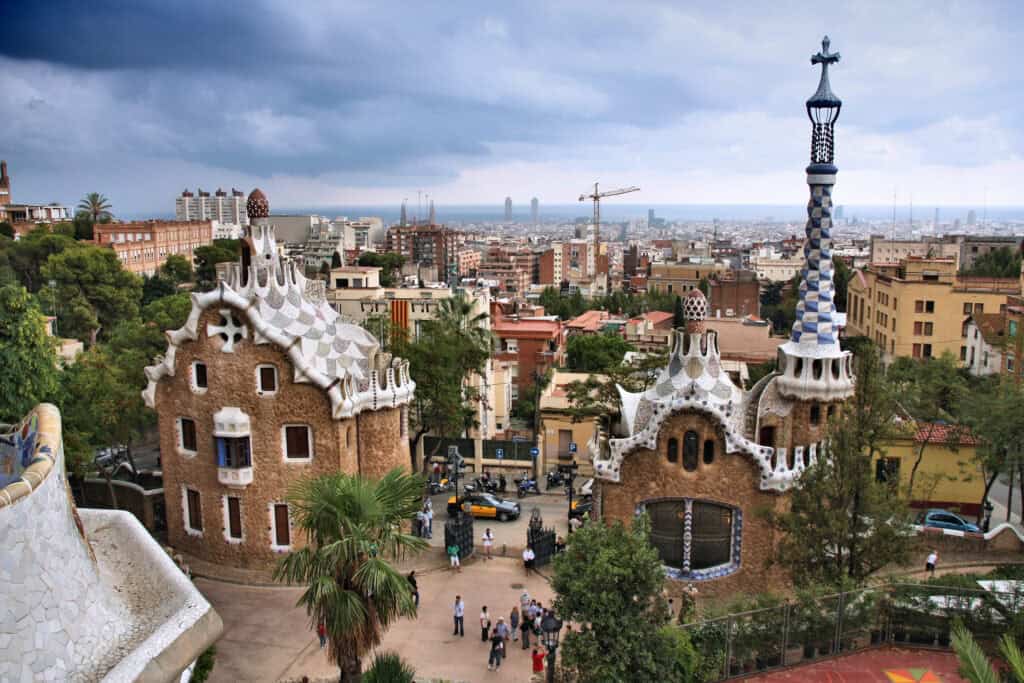We may earn money or products from the companies mentioned in this post. This means if you click on the link and purchase the item, I will receive a small commission at no extra cost to you ... you're just helping re-supply our family's travel fund.

That dream trip to Thailand or Venice? It’s about to cost you more, a lot more. Throughout 2025 and 2026, destinations worldwide are slapping new fees on tourists, some reaching a staggering $100 per day. From European hotspots to Asian paradises, no corner of the travel map is safe from these charges aimed at tackling overtourism and crumbling infrastructure. Whether you’re planning a beach getaway or a cultural escape, here are 10 countries adding fees for tourists that could shake up your vacation budget.
Thailand

Starting February 2026, Thailand is hitting all arrivals with a 300 baht fee for flights and 150 baht for land or sea entries, that’s roughly $8-10 every time you enter one of Southeast Asia’s most beloved destinations. Here’s the kicker: about 70 baht covers mandatory travel insurance whether you want it or not, while the rest funds infrastructure desperately needed across overtouristed spots like Phuket and Bangkok. The government approved this back in February 2023 but kept delaying it, worried about scaring away tourists during the pandemic recovery.
Japan (Kyoto)

Japan isn’t messing around with its new tiered accommodation tax in Kyoto, ranging from a modest ¥200 to an eye-watering ¥10,000 per night starting March 2026, with luxury hotels taking the biggest hit. But wait, there’s more. Japan already charges everyone a 1,000 yen “Sayonara Tax” when you leave, and Mount Fuji now has climbing fees after Instagram-chasing crowds turned the sacred mountain into a dangerous mess. The ancient capital is desperately trying to preserve its numerous UNESCO World Heritage sites while managing visitor numbers that threaten centuries-old cultural treasures.
Venice, Italy

Venice has become ground zero for the overtourism battle, with the floating city now charging day-trippers €5 if you book ahead or €10 if you show up last-minute between 8:30 AM and 4:00 PM on peak days from April through July. This makes Venice one of Europe’s first cities to actually charge you just to walk its streets, specifically targeting cruise passengers who flood in for a few hours then leave. Overnight guests dodge the fee since they’re already paying accommodation taxes, but the system reveals how desperate the city has become as permanent residents flee the tourist-choked lagoon.
Spain

Spain is going all-in on tourist taxes, with Catalonia cranking hotel surcharges to €5 per night in 2026 and potentially €8 by 2029, while the Balearic Islands (think Mallorca and Ibiza) charge €2-€4 depending on your digs during the May to October rush. Barcelona takes the crown with €5.70-€7.50 per night based on star rating, making it one of Spain’s priciest cities for tourists as frustrated locals protest overcrowding and housing costs spiraling out of control. The fees fund public transit upgrades and heritage maintenance in regions where tourism drives over 12% of the economy.
Greece

Greece is taking aim at cruise ships with disembarkation fees from €3 to €20 depending on which port you hit and when, specifically targeting those massive floating cities that dump thousands of passengers on tiny islands like Santorini for just a few hours. The tiered pricing kicks in during peak summer months when islands face brutal water shortages and infrastructure that simply can’t handle the crowds. This makes Greece a Mediterranean pioneer in charging cruise passengers directly, potentially forcing cruise lines to completely rethink their Aegean routes.
Bali, Indonesia

Bali dropped a 150,000 rupiah one-time entry fee in February 2024 after the island’s infrastructure basically collapsed under post-pandemic tourist floods that exceeded pre-COVID levels. That roughly $10 USD charge funds everything from preserving sacred Hindu temples like Tanah Lot and Uluwatu to protecting endangered sea turtles and fixing beaches wrecked by pollution and overdevelopment. Bali stands alone as one of Indonesia’s only regions charging a separate tourist fee beyond regular visa requirements, showing just how overwhelmed the island has become.
New Zealand

New Zealand isn’t shy about its International Visitor Conservation and Tourism Levy ranging from NZD $35 to $100 when you apply for an eTA or visa, directly funding protection for unique species like the kiwi bird and kakapo parrot that exist nowhere else on Earth. The money keeps conservation projects running across stunning national parks and maintains popular hiking trails like the Milford Track that draw adventure junkies from everywhere. This fee screams New Zealand’s commitment to preserving those pristine landscapes you’ve seen in a million movies while managing the environmental hit from international visitors.
Edinburgh, Scotland

Edinburgh is making history as the first UK city to slap a 5% tourist tax on accommodation costs starting July 2026, finally joining its European neighbors after endless debates about managing the Edinburgh Festival Fringe chaos every August. The levy caps at five consecutive nights and will pump revenue into maintaining iconic spots like Edinburgh Castle and the Royal Mile while upgrading infrastructure buckling under significant year-round tourist arrivals. Scotland is blazing a UK trail despite hospitality industry pushback worried about losing business to untaxed competitors.
Norway

Norway is handing power to local municipalities to charge up to 3% on overnight stays and cruise visits starting summer 2026, letting communities in regions like the Lofoten Islands and Geirangerfjord protect fragile Arctic environments getting hammered by climate change. These UNESCO World Heritage fjord areas face brutal challenges as melting glaciers and surging tourism create environmental pressures that tiny communities just can’t handle alone. The fees show Norway’s serious about sustainable tourism in a country where dramatic natural beauty pulls in visitors chasing Northern Lights and midnight sun experiences.
Bhutan

Bhutan takes the crown with one of the planet’s steepest tourism fees at $100 per person per day as a Sustainable Development Fee, embodying its “high value, low volume” philosophy that’s kept the Himalayan kingdom pristine for decades. That’s $3,000 for a month-long stay, but it funds free healthcare and education for every Bhutanese citizen while protecting ancient Buddhist monasteries and avoiding the overcrowding nightmare plaguing neighboring destinations. The fee might jump even higher if annual arrivals crack 300,000 tourists, ensuring this remote nation never loses its cultural soul or environmental integrity.